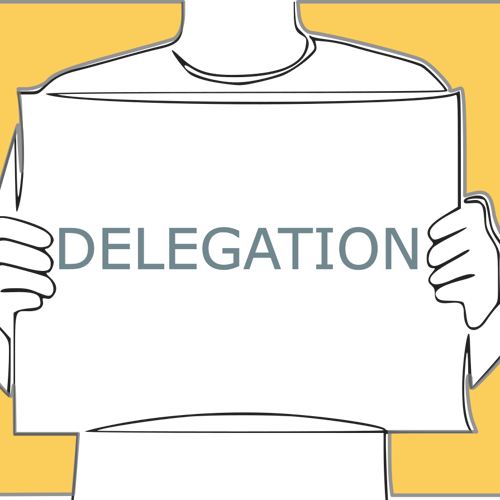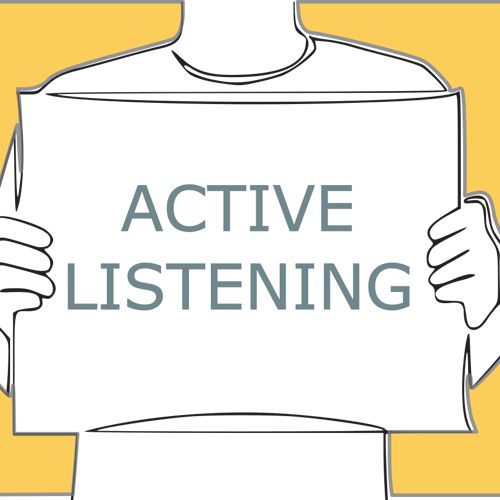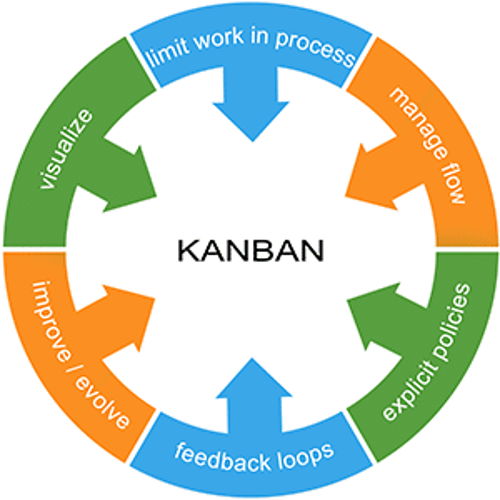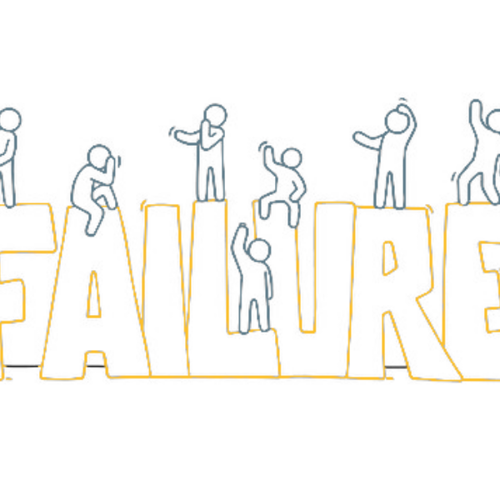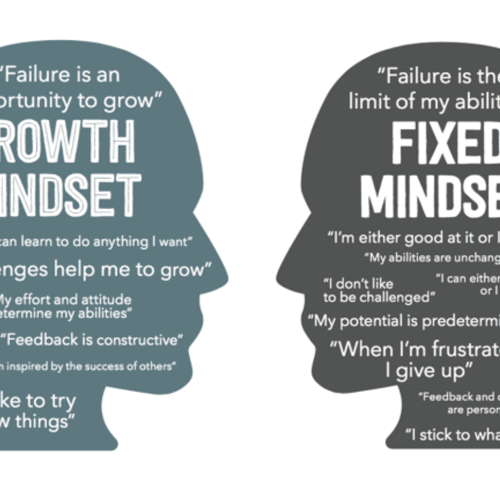If you are accountable to someone for something that you do, you are responsible for it and must be prepared to justify your actions to that person.
When individuals are accountable, they understand and accept the consequences of their actions for the areas in which they assume responsibility whilst being subject to giving an account or having the obligation to report, explain or justify something.
Whilst many people struggle with the difference between responsibility and accountability, the difference is quite simple:
The difference between accountability and responsibility is that responsibility can be shared while accountability cannot. Being accountable not only means being responsible for something but also ultimately being answerable for your actions.
Often you may be responsible but are you accountable? Here are some of the many habits accountable people choose to make part of their everyday life:
Take responsibility
when responsibility is forced upon people they can often be resistant or even resentful. Highly accountable people willingly take on responsibility and actively manage it so it gets done. They make sure once the initiative has their name on it, no one else need worry about its completion.
Don’t make excuses
Objective hindsight is helpful when problem solving, but when something goes wrong, in-the-moment blame is a waste of time and energy. Highly accountable people don’t throw others under the bus for their own missteps or inaction. They also don’t excuse themselves based upon outside influences. They do good analysis and solve problems as they arise.
Deliver on time
What good is completing initiatives if the usefulness of the result is long past. Highly accountable people understand that every project has a time value and that punctuality serves a purpose. Part of what makes them trustworthy is their efficiency and dependability to not waste a minute of other people’s time or their own.
Control your own fate
In any project obstacles occur. But proper planning with a positive and pragmatic attitude can overcome nearly any obstruction. A victim mentality is not in a highly accountable person’s repertoire. They do not wait to be checked or monitored by others but work proactively and diligently with the team to finish the job.
Own your feelings
Emotions can run hot on a high stakes project. Highly accountable people know that negative emotions can derail productivity. They stay in control of their feelings and don’t let a bad day or emotional colleague get in the way of accomplishing what needs to be done. They aggressively attack each problem at it’s core making sure no one gets lost in the emotion of insecurity and dependence.
Manage expectations
Vagueness leads to inactivity. Highly accountable people are clear about what needs to be done and when. They think carefully and realistically about a project and give you an answer you can rely on. When something gets in the way, they assess it, resolve it and communicate proactively to make sure everyone is on board with the adjusted result.
Collaborate
There are few worthwhile tasks that can be completed by a single individual. Highly accountable people are great at using the resources around them. They make the most of each available body by engaging, inspiring and empowering them to add positively to the result.
Don’t expect praise
Accolades are nice, but none are deserved if the project is partially done. Highly accountable people get their satisfaction from delivering quality product on time with a team that feels great about the accomplishment. Any additional praise is just an added bonus to a job well done.


